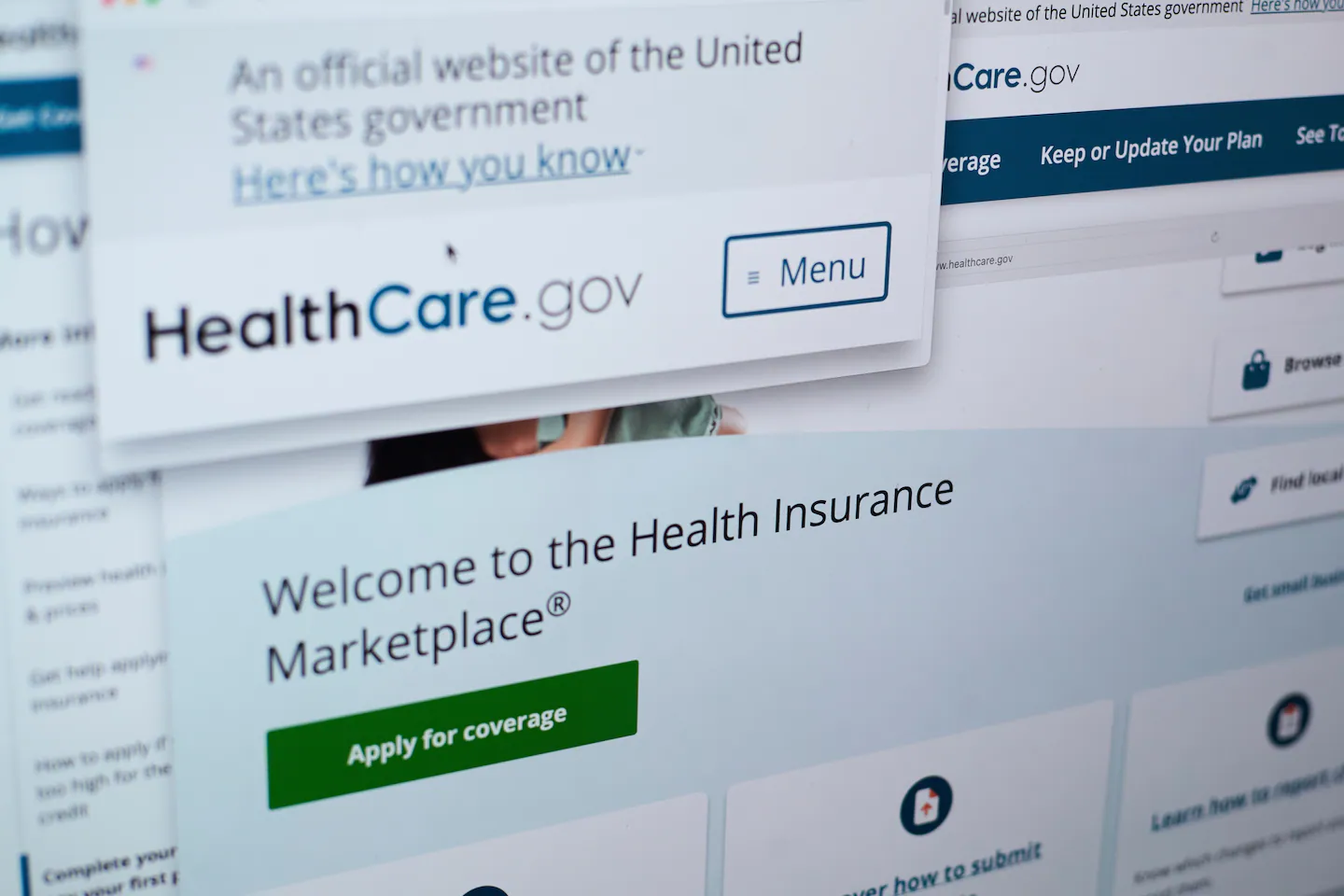Copyright independent

But a new study reveals that few know about the option for an Advanced Healthcare Directive, or ‘living will’. The research which was conducted Tallaght University Hospital (TUH) in Dublin showed there is a need for more education among patients and staff about AHDs. Consultant psychiatrist at TUH and Trinity College Dublin, Prof Brendan Kelly said, “None of the patients we interviewed had created an Advanced Healthcare Directive, and only 11.7pc were even aware of them. “However, two-thirds said they would be willing to make one if supported by their healthcare provider. We additionally found that the vast majority of staff (84.3pc) and patients (61.7pc) would prefer an advance care plan that was not legally binding but included the patient’s will and preferences. “We are not unique in Ireland; the need for greater knowledge about AHDs is common across many jurisdictions, among both healthcare providers and patients. Our new guide for staff is an important first step in raising awareness.” An AHD is a legal document that is used when a person loses the ability to make or communicate decisions about their care, the study in the journal Ethics, Medicine and Public Health explained. It informs family members, carers, and healthcare professionals of the person’s preferences for treatment if they are no longer able to express them. “For example, someone may choose not to be resuscitated if their heart stops or may refuse life support such as a ventilator. AHDs ensure that a person's healthcare choices are respected, even when they are unable to voice them.” The findings coincide with the launch of a brand new guide on the topic for staff, the first of its kind in Ireland. Researchers surveyed knowledge of and attitudes towards AHDs among 120 inpatients and 102 staff at TUH after it became clear they were rarely used. The research began just one year after the new law on AHDs was introduced in April of 2023. Among the patients who participated in the study, 65 were on surgical wards and 55 were on medical wards. The findings revealed that the request most patients wanted to include in AHDs referred to specific medications or other treatments. Some 102 healthcare staff were surveyed and 35 worked in surgical wards with 67 in medical wards. The study found that 82 staff had heard of AHDs, and eight staff had assisted a patient in making one, while 46 had cared for a patient with one.



